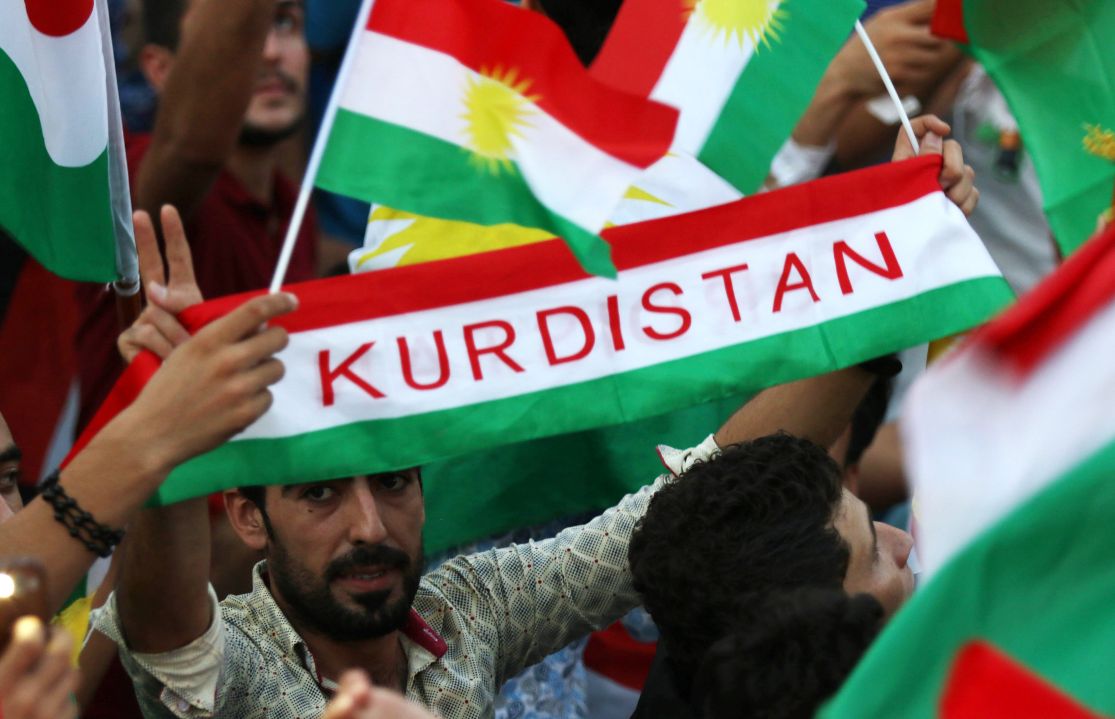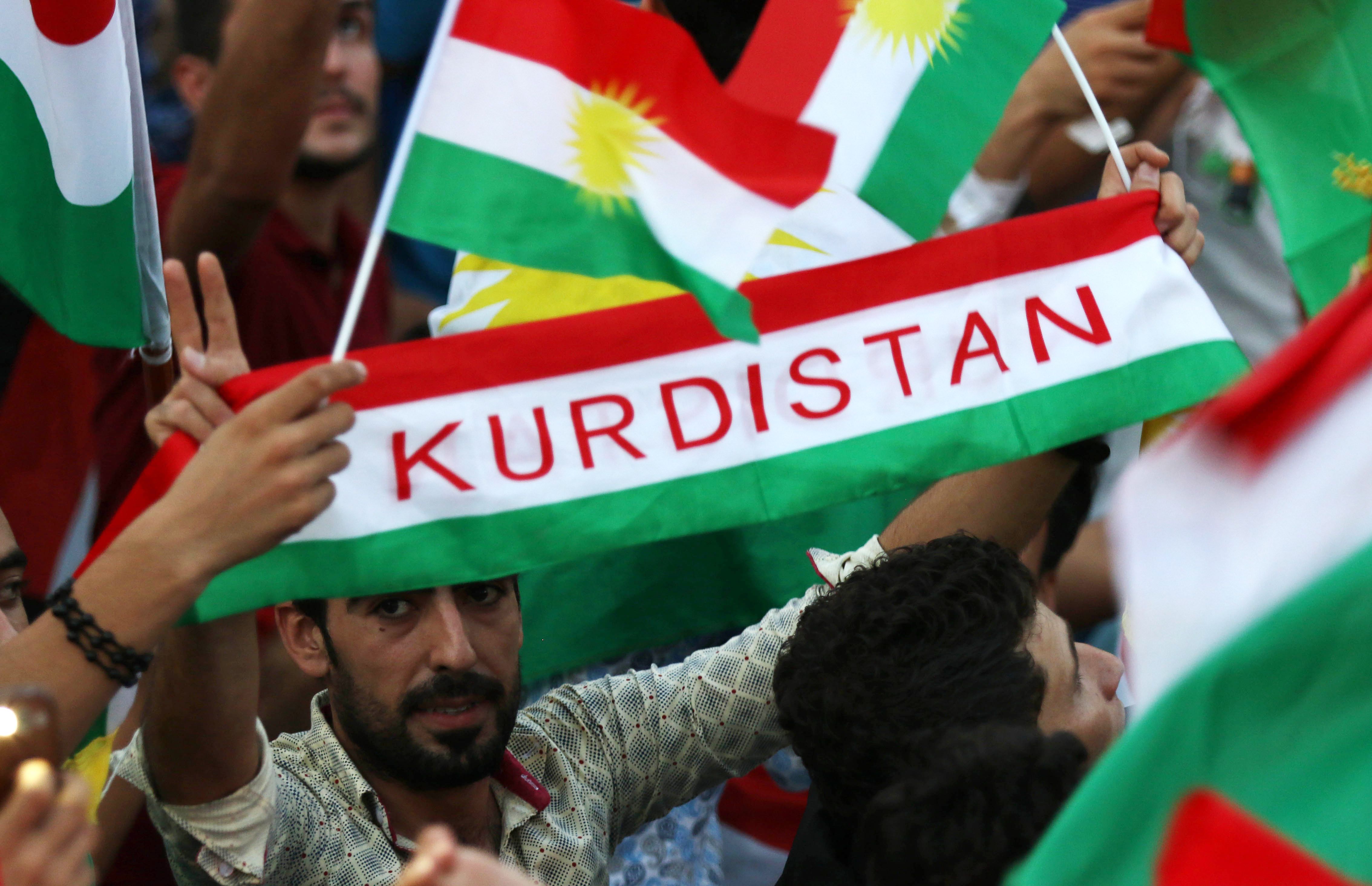Last week, American, British and UN diplomats tried to persuade the Kurds in Iraq to delay their referendum on independence. This high-profile intervention came amid a swirl of fiery rhetoric from other actors, especially Iran. The diplomats haven’t convinced the Kurdistani leadership, however, and so the vote will happen a week today – barring some last minute deal.
The diplomats argued that the referendum will divide those fighting Daesh and destabilise the region. The Kurds argued that political divisions at home or with Baghdad have not hampered fighting Daesh. Besides, Kurdistani leaders are seeking a popular mandate for negotiating an amicable divorce with Baghdad over five or even ten years, rather than a sudden unilateral declaration of independence.
Observers seem surprised that no country save Israel says it would recognise an independent Kurdistan, although America and Britain say they understand Kurdish aspirations and won’t end their bilateral relations. The truth is that old states rarely advocate new states, especially when they seize the opportunity and win recognition. Kurdistan is landlocked between Iraq, Syria, Turkey and Iran, which many Kurds often describe as the four wolves. Right now, Kurdistani leaders believe these neighbours are less able or willing to resist independence.
The impetus for Kurdish independence is understandable – and so it is probably only a matter of time before it happens. Kurds have only been equal in Iraq for ten years in a century of discrimination which lead to genocide in the 1980s, an event formally recognised by the House of Commons. The Kurds initially did well after Saddam Hussein was deposed, and they won a federal constitution in 2005 which promised to share power and resources equitably. They were ‘The Other Iraq’ as long as the country remained federal, democratic and pluralist – and a golden decade of growth transformed Kurdistan.
This came juddering to a halt in early 2014 when Baghdad cut federal budget transfers to Kurdistan. Then Daesh took Mosul and a third of Iraq. Later, they turned on Kurdistan, and menaced the capital but were repelled by American air strikes and the fortitude of the relatively under-armed Peshmerga. The Kurds also proved resilient and generous in looking after nearly two million Iraqi Arabs from Mosul, with little help from Baghdad.
Kurdistani leaders have taken a long time to decide that Iraq no longer works for them and are leaving, if not immediately. Western diplomats made honest and honourable efforts to trade this referendum for a new deal between Baghdad and Erbil. That seems to have failed but a ‘Yes’ vote next week could open up a new process that is certainly complex. An overall vote in favour of Kurdexit is likely, but if it does happen, it will make Brexit look stable and orderly by comparison. These things are all relative, after all. However, Kurdish independence could eventually mean better relations between new neighbours who cannot co-exist as equals within Iraq but who could prosper apart.
Gary Kent is the Director of the All-Party Parliamentary group on the Kurdistan Region in Iraq. He has visited Kurdistan and Iraq 26 times since 2006







Comments